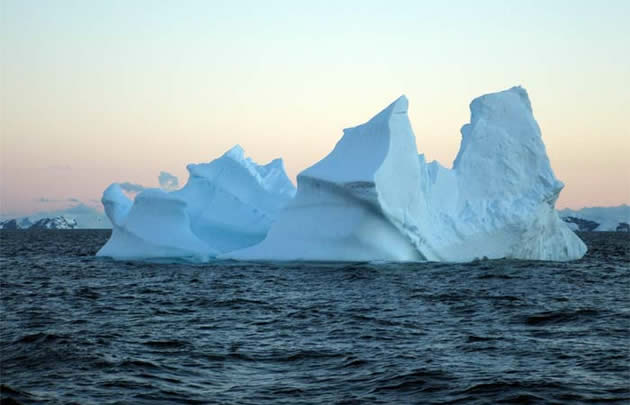Melting Antarctic icebergs slow global warming

 OSLO. — The biggest icebergs breaking off Antarctica unexpectedly help to slow global warming as they melt away into the chill Southern Ocean, scientists said yesterday.
OSLO. — The biggest icebergs breaking off Antarctica unexpectedly help to slow global warming as they melt away into the chill Southern Ocean, scientists said yesterday.
The rare Manhattan-sized icebergs, which may become more frequent in coming decades because of climate change, release a vast trail of iron and other nutrients that act as fertilisers for algae and other tiny plant-like organisms in the ocean.
These extract carbon dioxide from the atmosphere as they grow, a natural ally for human efforts to limit the pace of climate change blamed on man-made greenhouse gas emissions.
Ocean blooms in the wake of giant icebergs off Antarctica absorbed 10 to 40 million tonnes of carbon a year, the study estimated, roughly equivalent to annual man-made greenhouse gas emissions of countries such as Sweden or New Zealand.
Until now, the impact of ocean fertilisation from the demise of giant icebergs, defined as floating chunks of ice longer than 10 nautical miles (18 km) or almost the length of Manhattan, had been judged small and localised.
“We were very surprised to find that the impact can extend up to 1,000 km,” from the icebergs, Professor Grant Bigg of the University of Sheffield, an author of the study published in the journal Nature Geoscience, told Reuters.
The scientists studied satellite images of 17 giant icebergs off Antarctica from 2003-2013 and found that algae could turn the water greener for hundreds of kilometres around the icebergs, with nutrients spread by winds and currents. — Reuters.









Comments